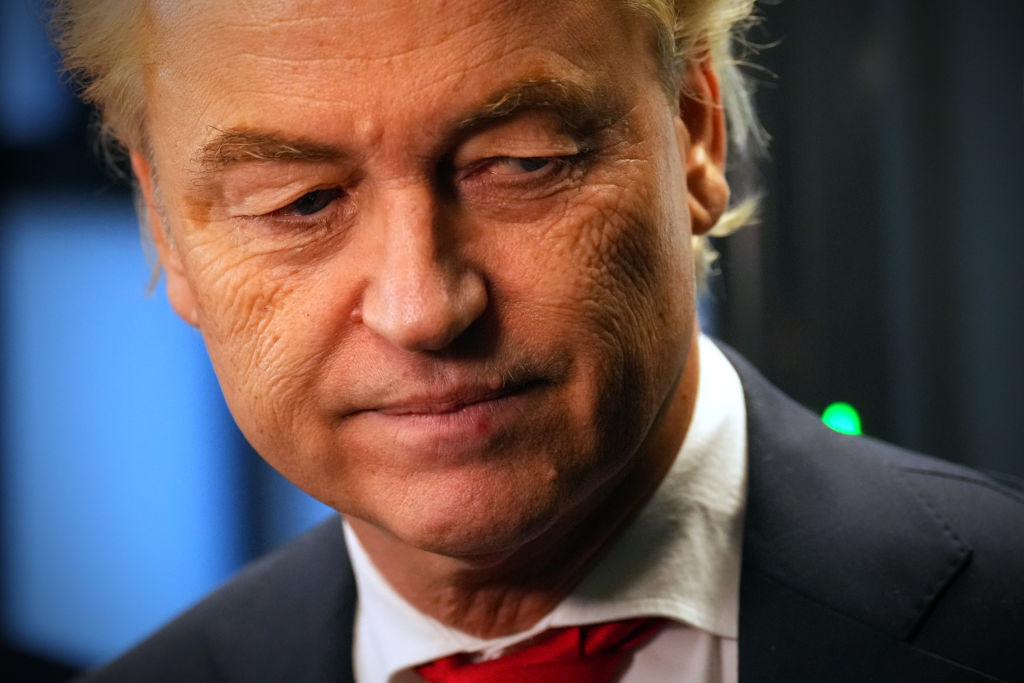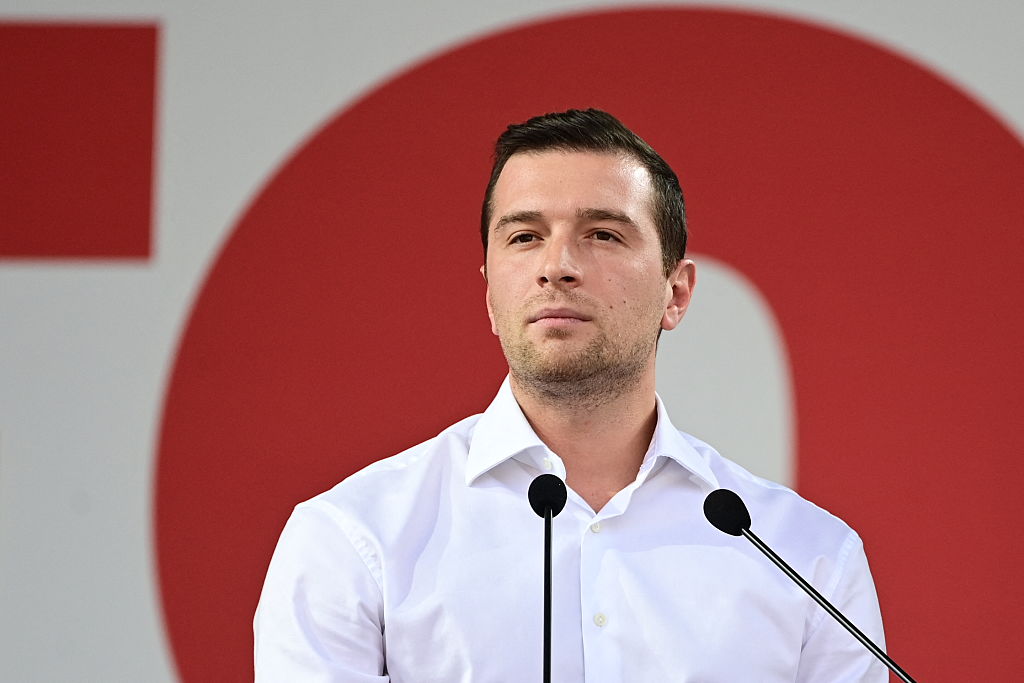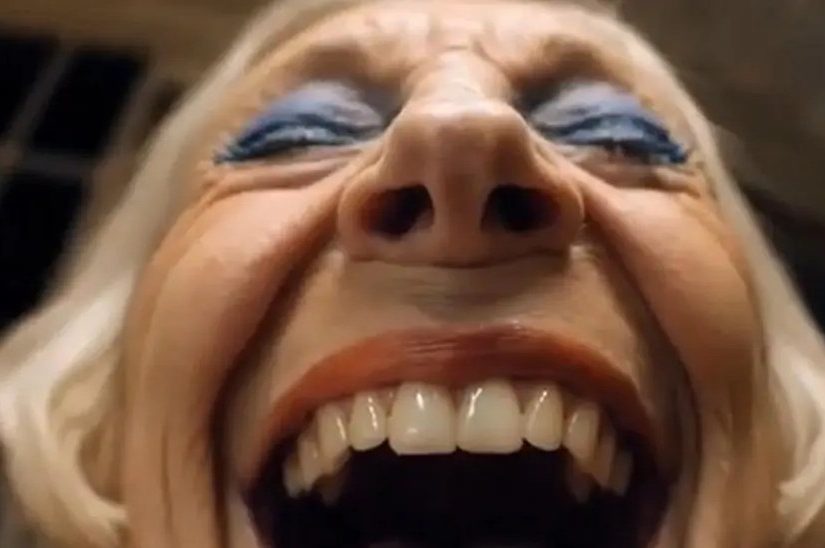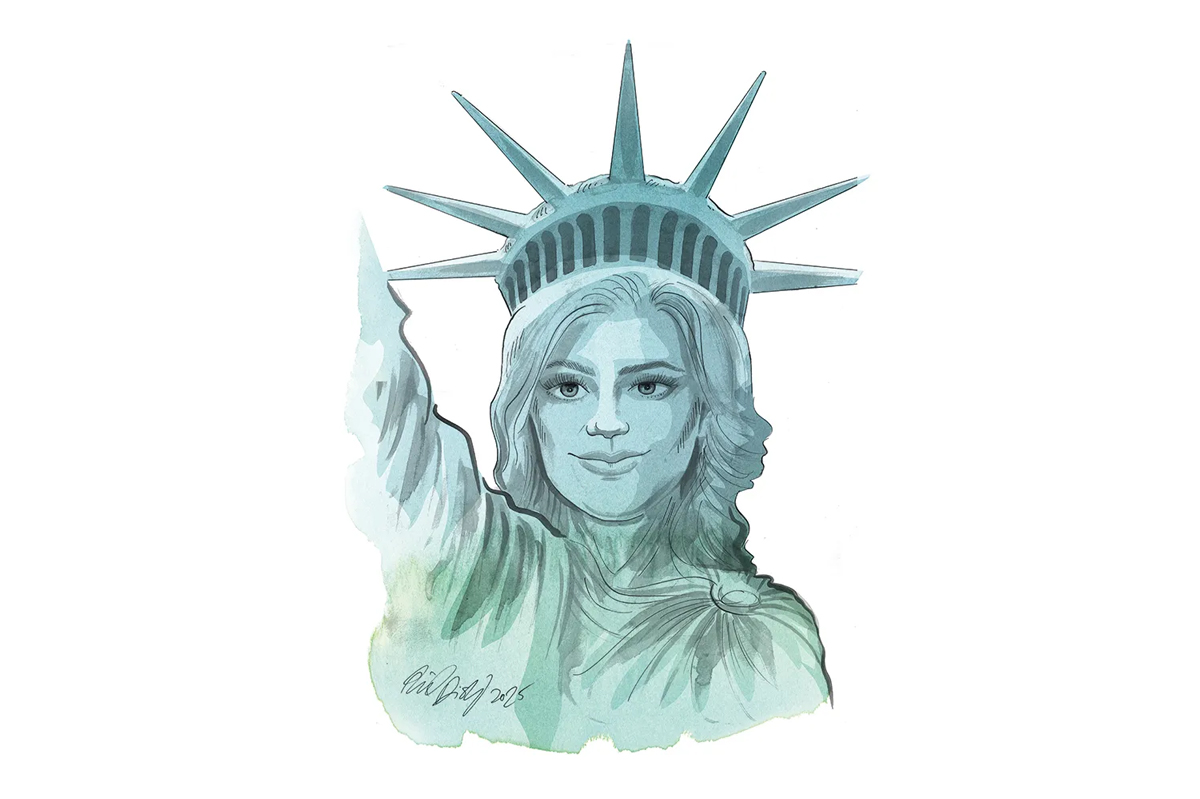“A new wind will blow through our country,” said Geert Wilders, as he declared that his anti-Islam, anti-immigration Party for Freedom, or PVV, would enter government for the first time in history.
Late on Wednesday night, Wilders announced that the PVV will join with the People’s Party for Freedom and Democracy, or VVD, the New Social Contract Party, or NSC, and the Farmer-Citizen Movement, or BBB, to form a highly unusual right-wing coalition. Although Wilders’s party gained the most votes in the 2023 election, he will not be the next Dutch prime minister.
Still it is a remarkable change of circumstances for the Netherlands’ longest-standing MP, who stood on a manifesto calling for a ban on Islamic schools, mosques and the Qur’an, as well as a referendum on leaving the European Union. Wilders has been a political outcast in the Netherlands for a decade, with the major parties shunning him due to his conviction for insulting Dutch Moroccans and his anti-constitutional views on Islam.
Now he’s at the heart of government. “The PVV, my own party, is coming into government, into the center of power and we are enormously proud of this,” he said on Thursday morning. “At a stroke, we go from being the biggest opposition party to the biggest party of government.”
The PVV won the election last November by riding on a wave of popular discontent brought on by the deeply unpopular coronavirus lockdowns, successive government scandals, an asylum shelter crisis, plus the cost of living and housing crises.
A turning point came during the election campaign, when the leader of the VVD said she would no longer be against joining a coalition with Wilders’s party. Wilders, in response, began appearing on liberal television programs saying he would put his anti-Islam policies “on ice.” He seemed, to some commentators, somewhat “Milders.”
His strategy seemed to pay off. Many of the PVV voters I spoke to after the shock election result said they had made a protest vote. Everyone I interviewed mentioned their difficulties in getting affordable housing. The housing crisis has been brought on by the government inviting market speculation and failing to build enough, an aging population living in family homes for longer and immigration adding a million people to the country’s population since 2014.
But despite becoming the largest Dutch political party at the election, with thirty-seven of the 150 seats, the most extraordinary thing about Wilders’s government is this: he was unable to win enough cross-party support to become prime minister of the Netherlands.
The price of agreeing to the coalition was that this will be an experimental, “extra-parliamentary” government. The leaders of all four parties will sit in parliament. Half of the ministers will be appointed as outside experts from business.
Instead of a detailed coalition accord, the four parties presented a “headline” agreement of twenty-six pages. Votes and debates will be fought out in parliament, and also in the Senate — where the coalition does not have a majority.
Although the genial former Labour minister, Ronald Plasterk has been floated as a suggestion, no prime ministerial candidate has yet been formally announced. “That is for another moment,” said Wilders on Wednesday afternoon.
One of the main themes in the accord is the introduction of “the toughest asylum policy ever.” As part of this, an unpopular law spreading asylum seekers across rural areas will be scrapped, as will permanent residency for migrants. There will be more immigration restrictions for family members of migrants, asylum seekers will no longer have priority for social housing, unsuccessful asylum seekers will be expelled and the Netherlands will ask the European Union for an opt-out from its migration pact. The coalition proposes declaring an “asylum crisis” law and to stop processing applications for asylum for two years. This would be unlawful unless the EU agrees. The four parties have also pledged to reduce student migration, by increasing fees for non-EU students and capping numbers.
As well as migration, there are proposed tax breaks for working people, a reduction in health costs from 2027 and promises to build homes. There is a pledge to build four (instead of two) new nuclear power plants while scrapping green measures such as obligatory heat pumps and motorway speed limits. There are also parliamentary reforms proposed to protect whistleblowers, to increase regional representation and to improve the separation of state and judiciary.
The question is how many of the flashy measures can really be achieved, given that the Netherlands has to conform to EU law and needs to make budget cuts of some €15 billion.
Initial reactions to the coalition have been mixed. Nic Vrieselaar, senior economist at Rabobank, said industry is concerned the “business climate” of the Netherlands will suffer, while environmentalists like Marjan Minnesma, director of Urgenda, criticized the green cuts. It’s all very well to pause climate change action, some point out, but the Netherlands will be one of the first countries to go under if sea levels rise, while up to a million of its houses (and kilometers of road) already have sinking foundations linked to increasing periods of drought.
Frans Timmermans, the leader of the Green Left-Labour alliance, the second-largest parliamentary party, called the agreement “catastrophic,” saying Europe will never agree to exemptions on nitrogen-based pollution or asylum for the Netherlands.
Over the centuries, this energetic, innovative and hard-working country has achieved extraordinary things through its links with the world. But it now has an inward-looking coalition agreement that could well make the country poorer. Given that “expats” and immigrants are being blamed for problems caused largely by government policies, how many more skilled and high tax-paying foreigners will be tempted to move here (especially given the challenges of learning Dutch)? This is a particular problem as the Netherlands has a huge labor shortage.
The four party leaders, after a largely sleepless night, looked happy to have reached an agreement — particularly since Wilders is now polling at new highs. There’s a parliamentary debate to come, several weeks to appoint ministers and decide a prime minister and then the coalition will begin.
“We can make a go of it, and the motto we four came up with, if you read the accord, is hope, guts and pride, the motto of our political cooperation,” said Wilders. “We can be proud of this country again, of the beautiful Netherlands.”
The sun is shining for him, he said. It remains to be seen how much power this uneasy coalition can generate while it lasts.
This article was originally published on The Spectator’s UK website.


























Leave a Reply